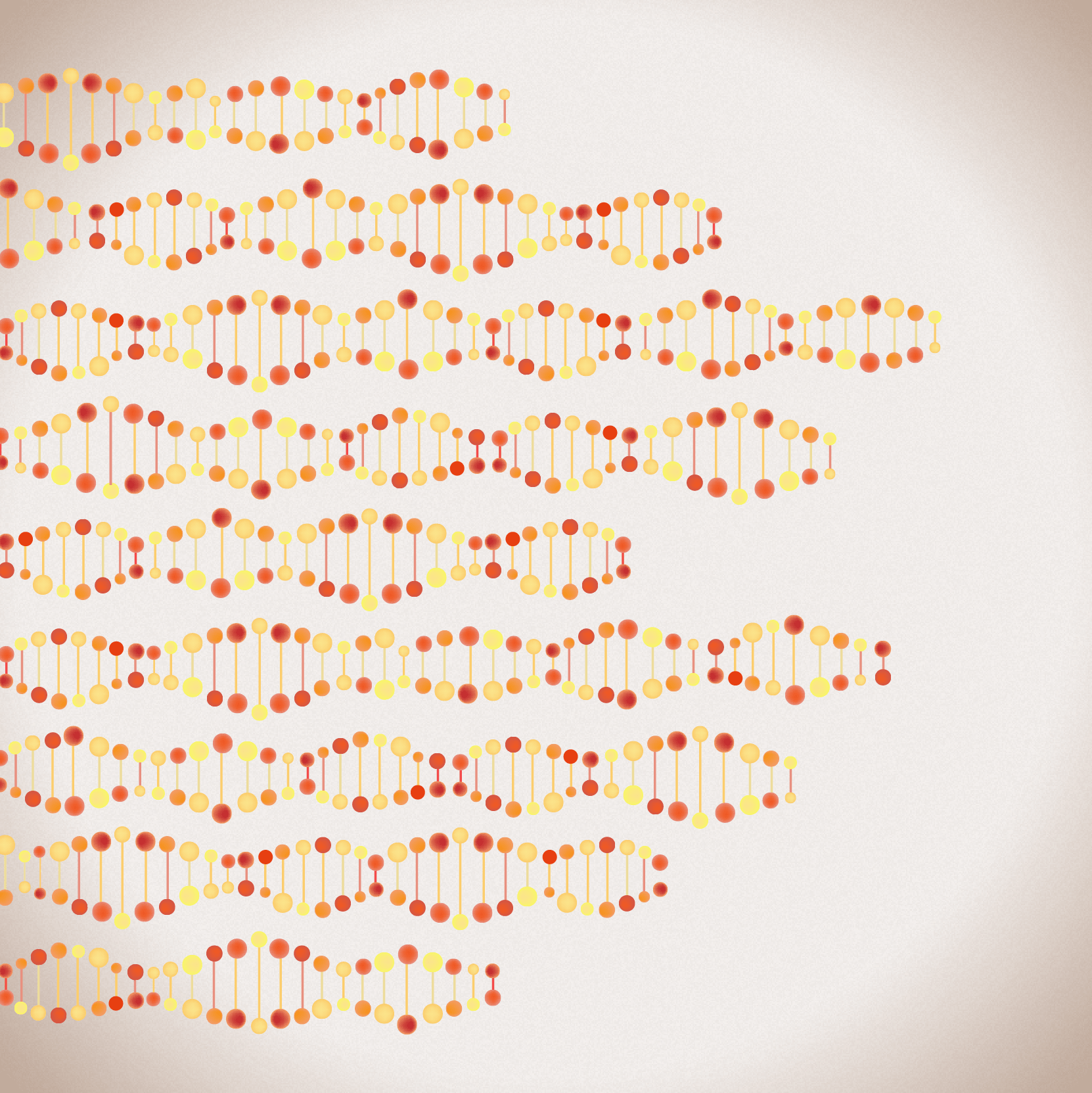Test Description
Order Options:
Turnaround Time:
1-2 weeks
Cost:
Call for details
Genes:
Methods Used:
Samples are sequenced on Illumina HiSeq instruments and mapped to GRCh37/hg19 assembly for bioinformatics analysis. A statistical model based on a sliding-window method is applied to the data to identify copy number changes and their genomic locations.
Coverage:
Call for Details
Specimen Requirements:
Blastocyst/Trophectoderm Biopsy
Test Limitations:
These test results and variant interpretations are based on the proper identification of the submitted specimen, accuracy of any stated familial relationships, and use of the correct human reference sequences at the queried loci. Reporting errors or amplification failures may occur for reasons including but not limited to mix-up or co-mingling of specimens, technical issues, reagent incompatibility, sample contamination, or the use of non-validated specimen collection and handling processes. The purpose of this test is limited to the detection of aneuploidy (differences in whole chromosome copy number) within in vitro fertilized (IVF) embryos for the purpose of embryo selection. This test does not: screen for other genetic conditions (i.e. single gene disorders), detect all potential birth defects, or guarantee a successful pregnancy outcome. Additional risk factors affecting a pregnancy can occur for genetic and/or non-genetic reasons. There is a 3-5% risk of birth defects in the general population that can occur for genetic and/or non-genetic reasons. Submicroscopic deletions and duplications are generally not detected or reported. This test is not able to detect structural chromosome rearrangements (balanced translocations, inversions), all partial aneuploidy (partial deletions/duplications of chromosomes), all cases of mosaicism, all cases of uniparental disomy, and/or all forms of polyploidy (deletions/duplications of whole chromosome sets). Due to technological and specimen limitations, some risk for aneuploidy remains even if this test is negative. This test is not considered diagnostic. Regardless of the outcome of this test, confirmatory prenatal diagnostic testing, such as CVS and/or amniocentesis, may still be necessary per a doctor’s recommendation to confirm a chromosomally normal fetus.

